Books by Staunton Irene
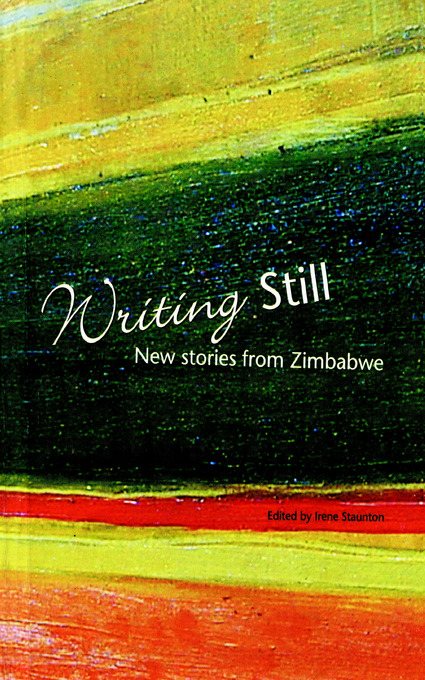
writing still - new stories from zimbabwe
The history of Zimbabwe has always been reflected in its oral and written literature. Much of the serious fiction written in the 1980s and early 1990s focused on the effects of Zimbabwe?s war of liberation. Little has yet been written about post-independence Zimbabwe and the complex and challenging issues that have arisen in the last twenty years. This anthology of twenty-two short stories provides a representative sample of the range and quality of writing in Zimbabwe at the turn of the century, and an impressionistic reflection of the years since independence in 1980. Included are stories by established writers Shimmer Chinodya, Charles Mungoshi, Brian Chikwava; and some younger or less established writers, , Clement Chihota, Wonder Guchu, Chiedza Musengezi, Mary Ndlovu, Vivienne Ndlovu and Stanley Nyamfukudza. The collection also reflects a slightly broader perspective with stories by Alexandra Fuller, Derek Huggins, Pat Brickhill and Chris Wilson, who engage with historical memory of the conflicts out of which Zimbabwe arose, and the lessons to be drawn from living within a culture other than one?s own. Overall, the anthology reaffirms the persistent value attached to imaginative writing in Zimbabwe, and illustrates that the country?s literary tradition is alive and well, and reshaping itself for new times.
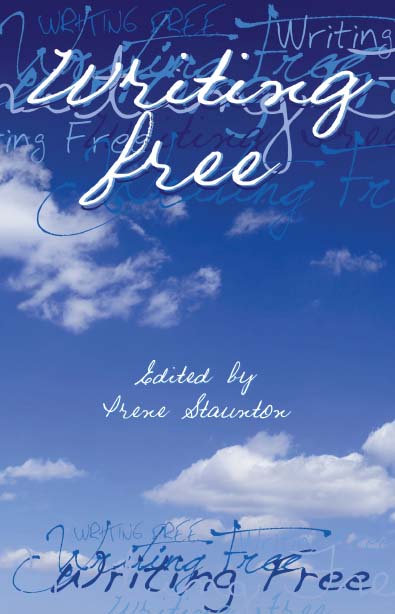
writing free
In this fifth anthology of Zimbabwean short stories from Weaver Press fifteen writers respond to the topic of writing free, and offer their thoughts about how and why they wrote as they did. The stories reflect a wide variety of freedoms: from tyranny, from hunger, from abuse, from the shackles of tradition, and even from the traditional constraints of narrative convention. But there are cautionary tales, too. Political change may be liberating for the adults who suffered for it, but will their children share in the euphoria of new-found freedom? Will a departure from domestic poverty to the calm waters of the diaspora deliver all that was hoped for it? Is the grass always greener beyond the fence of a stifling marriage? Zimbabwe has had more than its share of social and material deprivation in recent years, and people's responses have taken many forms. Writing Free offers an engaging and kaleidoscopic sample of these, and in doing so gives an intimate portrait of a country in transition.
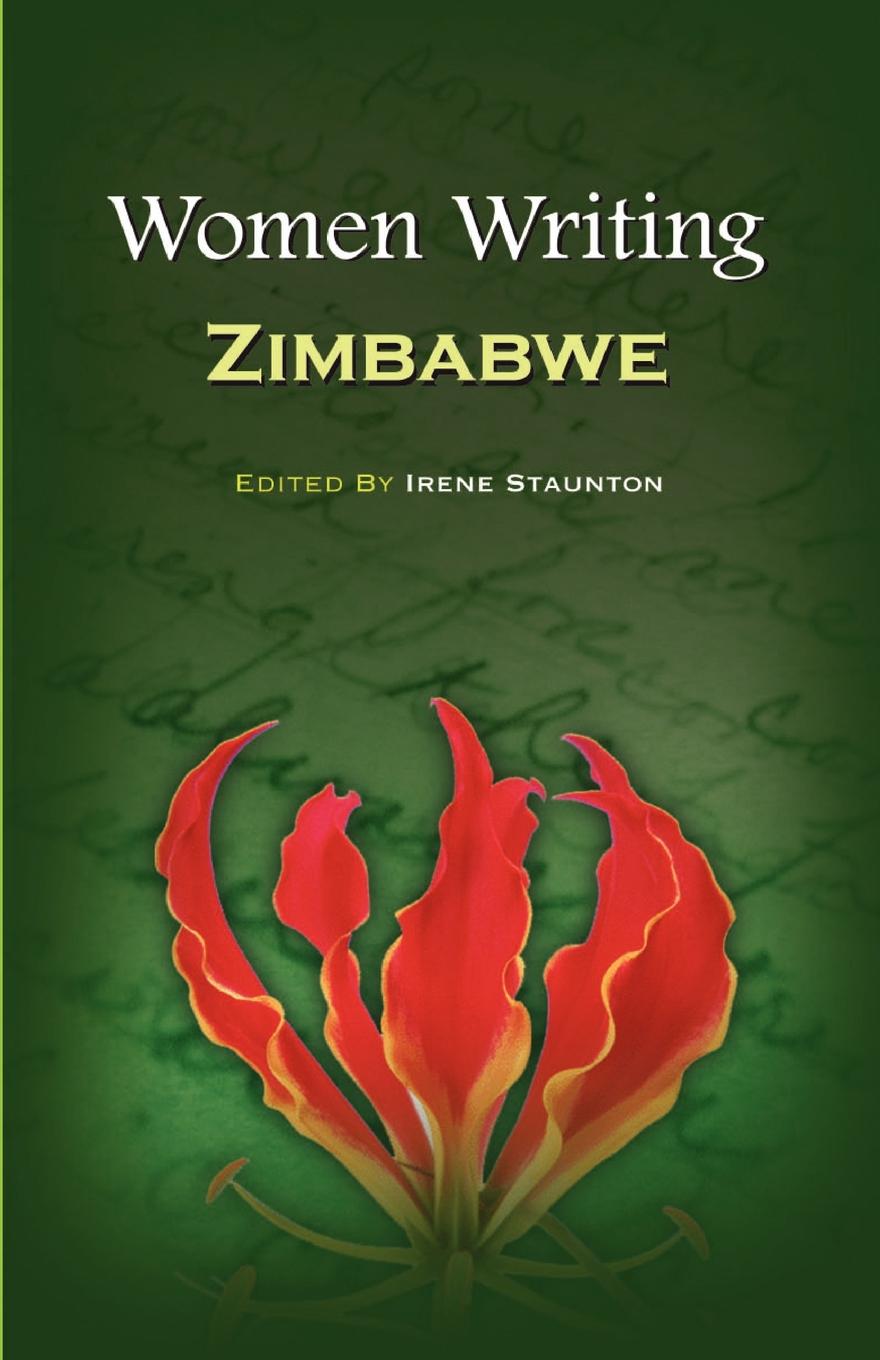
women writing zimbabwe
The fifteen stories in Women Writing Zimbabwe offer a kaleidoscope of fresh, moving, and comic perspectives on the way in which events of the last decade have impacted on individuals, women in particular. Several stories (Tagwira, Ndlovu and Charsley) look at the impact that AIDS has on women who become the care-givers, often without emotional or physical support. It is often assumed that women will provide support and naturally make the necessary sacrifices. Brickhill and Munsengezi focus on the hidden costs and unexpected rewards of this nurturing role. Many families have been separated over the last decade. Ndlovu, Mutangadura, Katedza, Mhute and Rheam all explore exile's long, often painful, reach and the consequences of deciding to remain at home. In lighter vein, but with equal sharpness of perception, Gappah, Manyika, Sandi, and Holmes poke gentle fun at the demands of new-found wealth, status and manners. Finally, Musariri reminds us that the hidden costs of undisclosed trauma can continue to affect our lives for years afterwards. All of the writers share a sensitivity of perception and acuity of vision. Reading their stories will enlarge and stimulate our own understanding.
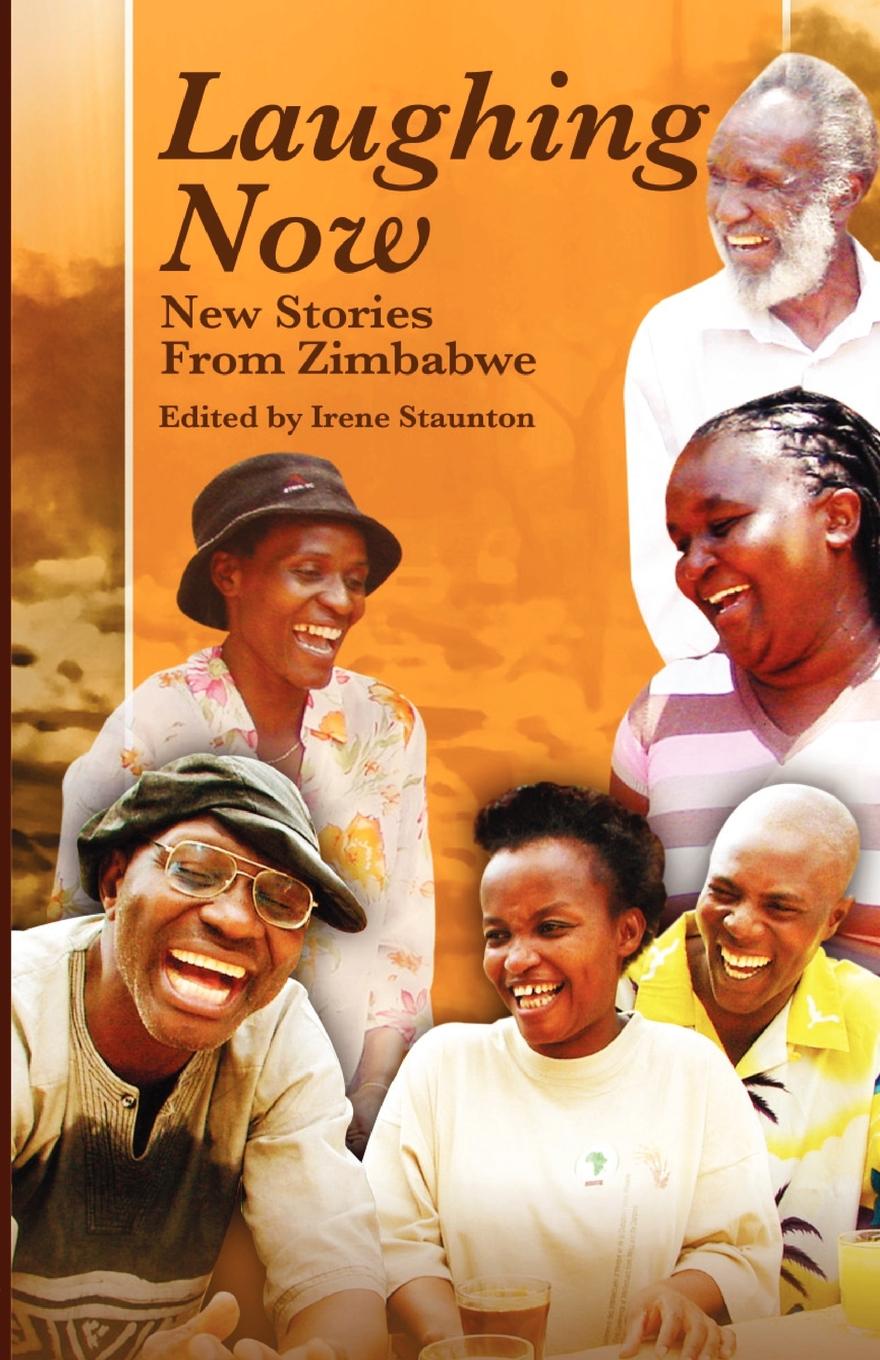
laughing now
Weaver Press's previous collections of short stories, Writing Now and Writing Still, were highly praised for the quality of their prose and the imagination of their writers. They confirmed, for one reviewer, 'the paradoxical truth that troubled societies somehow produce some of the most interesting writing available. Laughing Now goes further, and demonstrates the enduring capacity of Zimbabweans to find humour in even the most difficult of circumstances. The stories embrace funerals, dancing competitions, family tensions, rampant inflation and endless queues for scarce goods. They take a wry look at pompous politicians, foreign filmmakers and the aspirations of the so-called 'new' farmers. Those by Gappah, Chingono and Eppel won the first three prizes in the recent Mukuru.com short story competition. Zimbabwean fiction in English has become world-renowned in recent decades, but its concerns - war, trauma and the trials of independence - have chronicled the pain of those periods. Laughing Now suggests that we are finding new ways to reflect our reality; that however many zeros we add to the rate of inflation, and however hungry we may become, humour is as good a responce as any.
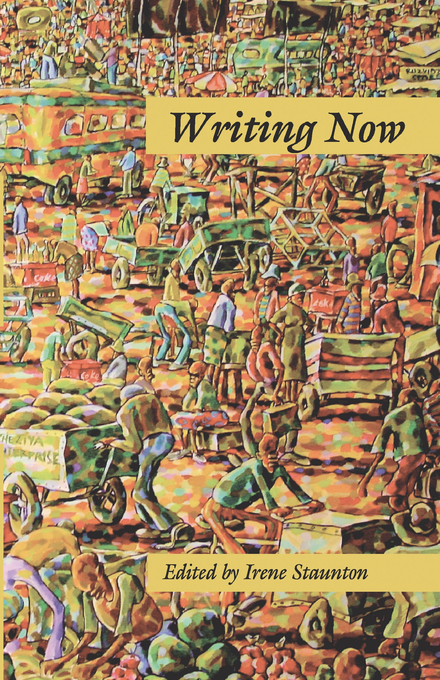
writing now. more stories from zimbabwe
The sequel to the award-winning Writing Still, this new collection of stories paints an engaging - and sometimes challenging - picture of contemporary life and concerns in Zimbabwe. Like its predecessor, Writing Now combines well-established writers - Chinodya, Mupfudzi, Eppel, Chingono - with several new voices. Although the stories emerge from lives of economic hardship and privation, their tone is by no means uniformly. Zimbabwean writers continue to demonstrate that sharp humour and surreal fantasy can grow from the bleakest of roots.
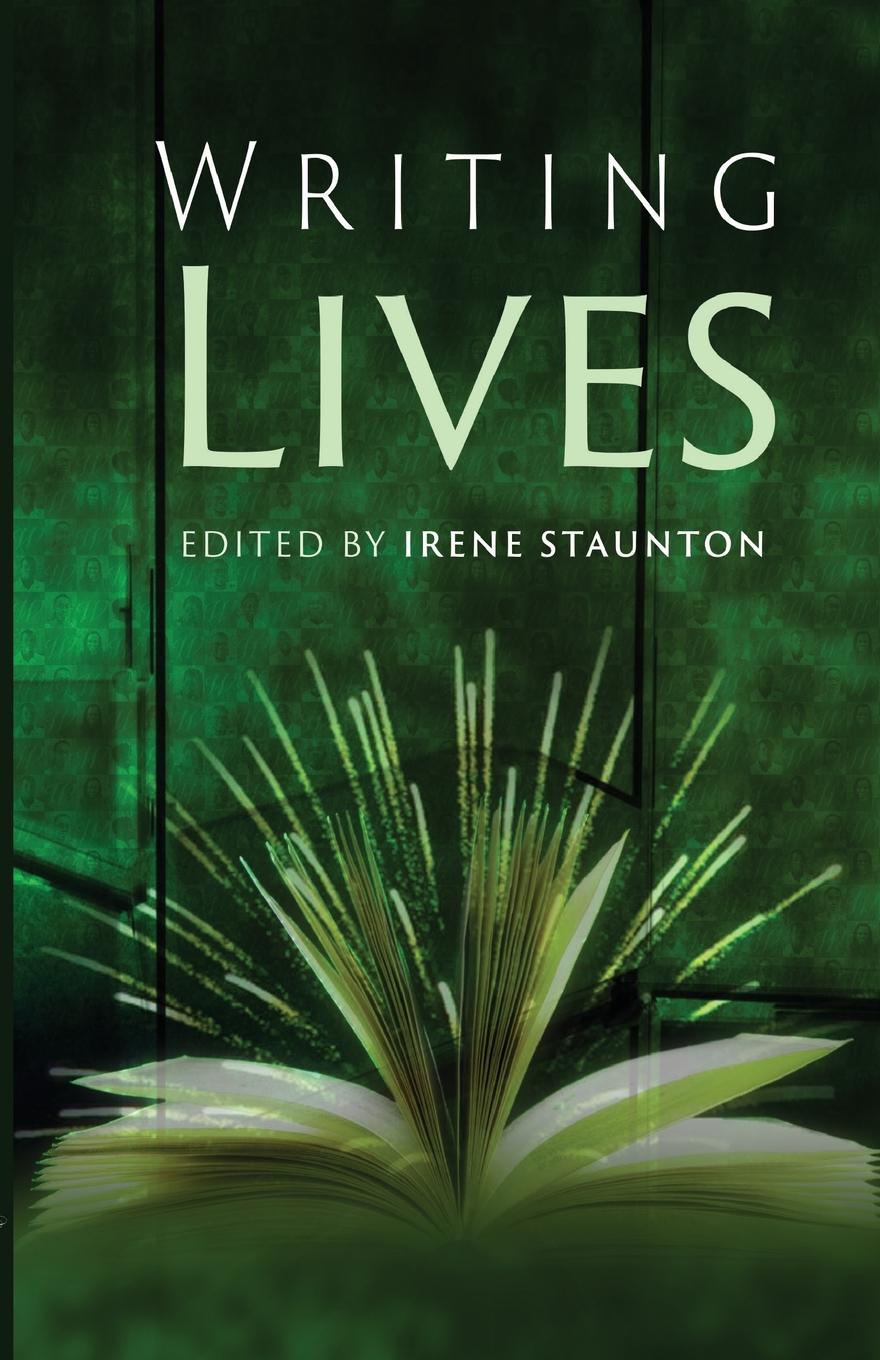
writing lives
Writing Lives, a collection of short stories, featuring Lawrence Hoba, Tendai Huchu, Tendai Machingaidze, Nevanji Madanhire, Daniel Mandishona, Christopher Mlalazi, Blessing Musariri, Chiedza Musengezi, Sekai Nzenza, Fungisayi Sasa and Emmanuel Sigauke. Writing Lives is the seventh of Weaver's anthologies of short stories following Writing Still, Writing Now, Laughing Now, Women Writing Zimbabwe, Mazambuko and Writing Free. As with the other anthologies, this vibrant collection reflects the lives and experiences of Zimbabweans as filtered through the lens of each author's perceptions. Writing Lives gives us stories that will make us laugh and bring tears to our eyes as it provides a focus on the past, the present and even the future.
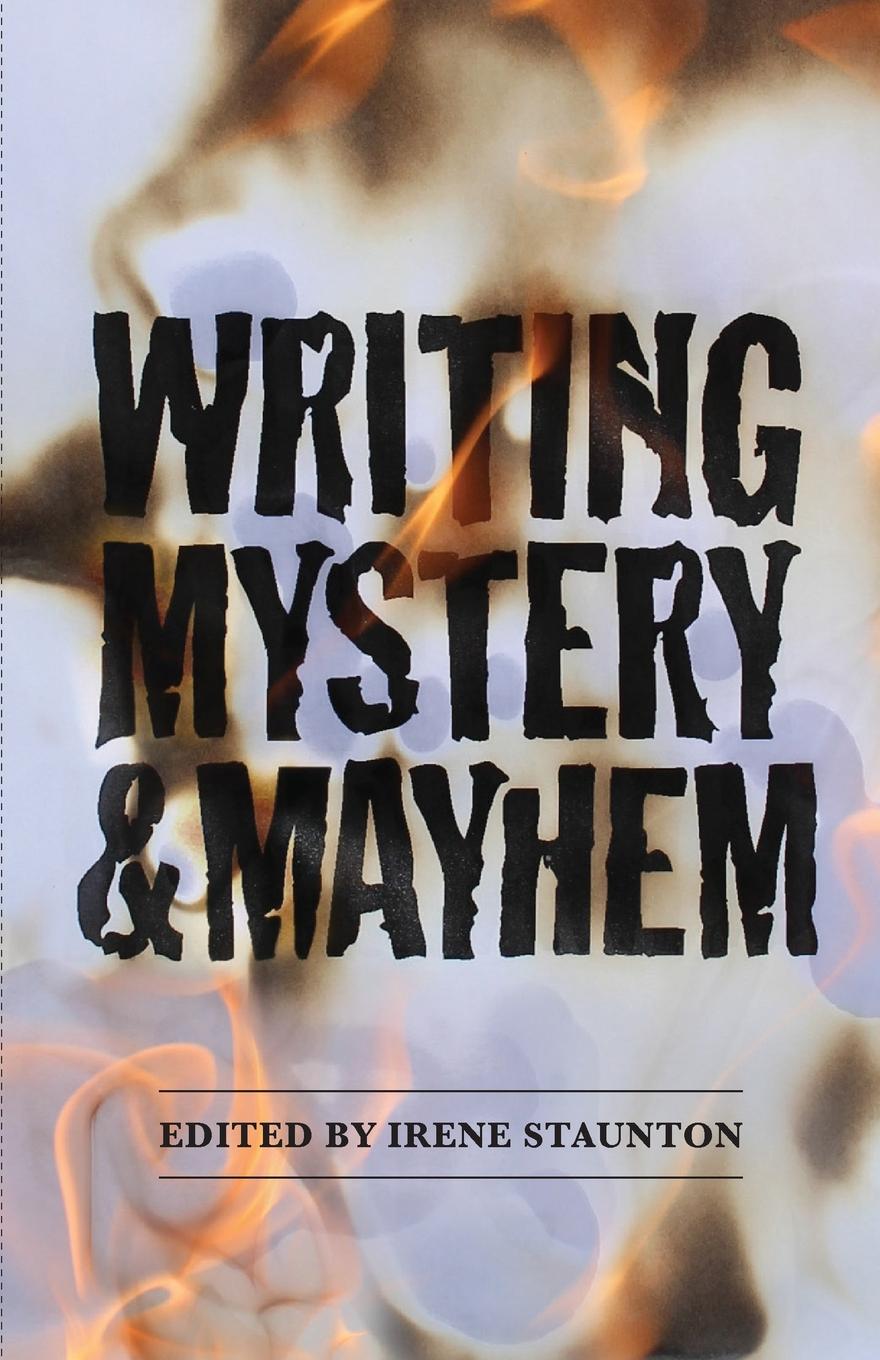
writing mystery and mayhem
This eighth anthology of twelve short stories from Weaver Press reveals again the range and variety, compassion and humour, irony and tragedy with which Zimbabwean writers observe the world around them. Several writers adopt a tongue-in-cheek approach to the subject: Naishe Nyamubaya takes us behind graphic newspaper headlines with a story of goblins, Jonathan Brakarsh turns the world inside out by constantly reversing our expectations, and Lawrence Hoba draws a situation both collateral and incompatible. It is a characteristic of crime fiction to defy expectation, as Farai Mudzingwa, Bongani Sibanda and Valerie Tagwira do in exploring the ramifications of sudden death. But if we are surprised by some stories, we can only be moved those which draw on the pain and vulnerablity of both the victims and those left behind. Godess Bvukutwa, Isabella Matambanadzo and Donna Kirstein help us to reflect on injustice and loss. Reading this collection of stories, with subjects ranging from tokolosh to tsunami, and from ghosts to goldfish, reminds us that the world is crazier than we think.

Loading the next 20 Records..…